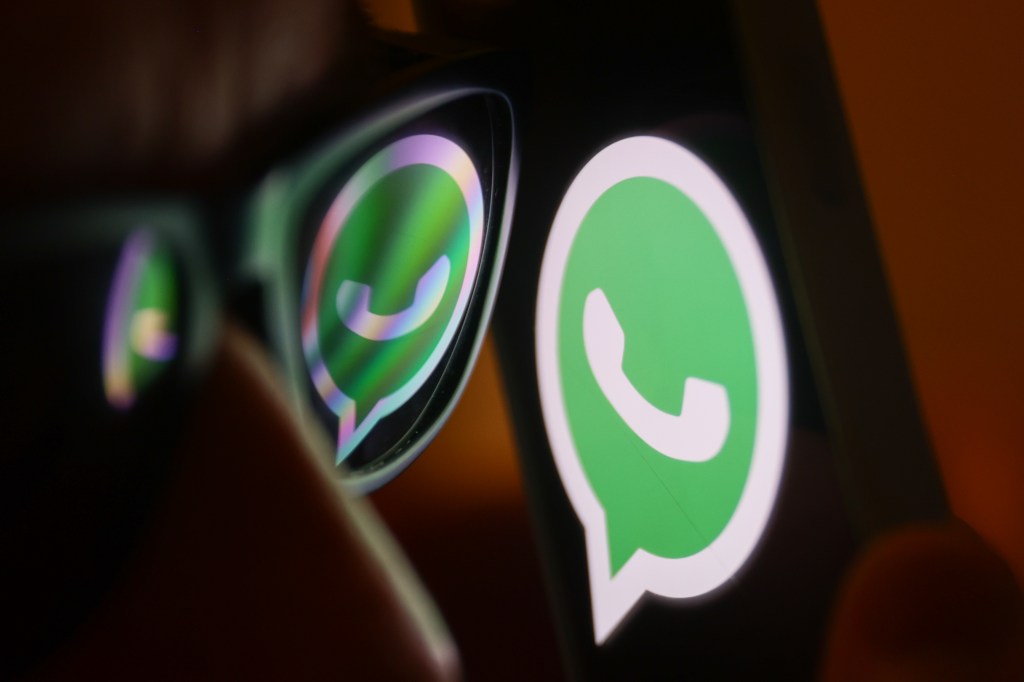WhatsApp Introduces Third-Party Chat Integration in Europe: A New Era of Messaging Interoperability
In a significant move towards enhancing messaging interoperability, Meta has announced the forthcoming launch of third-party chat integration on WhatsApp across Europe. This initiative aligns with the European Union’s Digital Markets Act (DMA), which mandates major platforms to ensure their services are compatible with competing applications.
Understanding the Digital Markets Act (DMA):
The DMA is a legislative framework established by the European Union to promote fair competition and prevent monopolistic practices among large tech companies, often referred to as gatekeepers. One of the key provisions of the DMA is the requirement for these gatekeepers to make their services interoperable with third-party platforms, thereby fostering a more competitive and user-friendly digital environment.
WhatsApp’s Compliance with the DMA:
In response to the DMA’s requirements, Meta has been diligently working to integrate third-party chat functionalities into WhatsApp. After conducting successful small-scale tests over recent months, the company is set to roll out this feature across Europe. This development marks a significant milestone in Meta’s efforts to comply with the EU’s interoperability mandates.
Key Features of the Third-Party Chat Integration:
1. Supported Platforms: Initially, WhatsApp will support interoperability with two messaging services: BirdyChat and Haiket. These partnerships are the result of over three years of collaboration with European messaging services and the European Commission to develop a solution that meets DMA requirements while preserving user privacy and security.
2. Communication Capabilities: Users who opt into this feature will be able to exchange a variety of content types, including text messages, images, voice messages, videos, and files, with users on the supported third-party platforms.
3. Group Chats: The option to create group chats that include third-party users will become available once Meta’s partners are ready to support this functionality.
4. User Control and Privacy: Participation in third-party chats is entirely optional. Users can enable or disable this feature at any time through the WhatsApp settings. Meta emphasizes that third-party messaging must use the same level of end-to-end encryption as WhatsApp to ensure user privacy and security.
Implementation Timeline and User Experience:
Over the coming months, WhatsApp users in the European region will receive notifications within the app’s Settings tab, guiding them through the process of opting into third-party chat integration. This feature will be available on both Android and iOS platforms but will not extend to desktop, web, or tablet versions at this time.
Technical Considerations and Challenges:
Implementing interoperability between different messaging platforms presents several technical challenges, particularly in maintaining end-to-end encryption and ensuring a seamless user experience. Meta has been working closely with its partners to address these challenges and provide a secure and user-friendly integration.
Future Prospects:
While the initial rollout focuses on BirdyChat and Haiket, Meta has indicated plans to expand interoperability to include additional third-party messaging services in the future. This expansion will depend on the readiness and willingness of other platforms to collaborate and meet the necessary technical and security standards.
Conclusion:
The introduction of third-party chat integration on WhatsApp represents a significant step towards a more interconnected and competitive digital communication landscape in Europe. By complying with the DMA’s interoperability requirements, Meta is not only adhering to regulatory mandates but also providing users with greater flexibility and choice in their messaging experiences.


